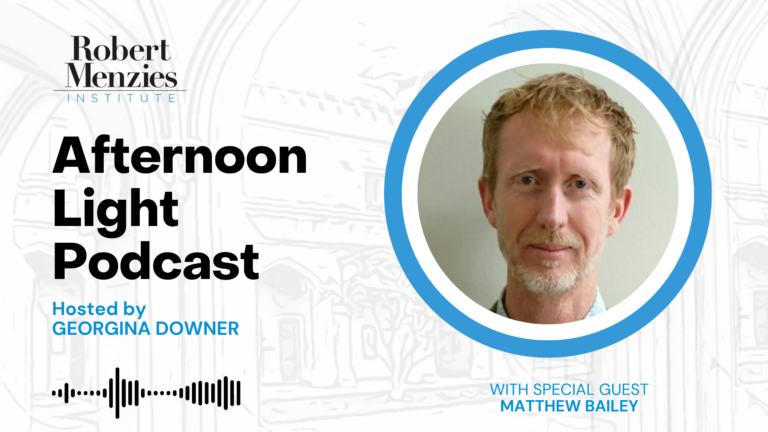
10 Dec, 2025
Matthew Bailey on the Rise of the Australian Shopping Centre: "A Triumph of Consumer Capitalism"


Matthew Bailey on the Rise of the Australian Shopping Centre: "A Triumph of Consumer Capitalism"
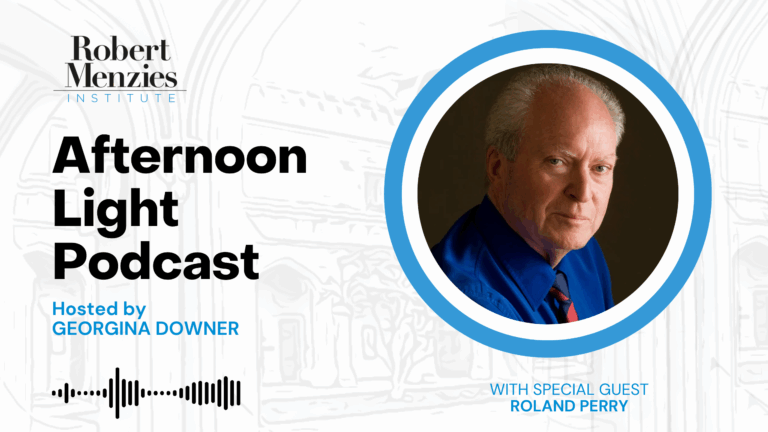
Roland Perry on Australia's Nuclear Genius Mark Oliphant: "I wanted to scream on the steps"
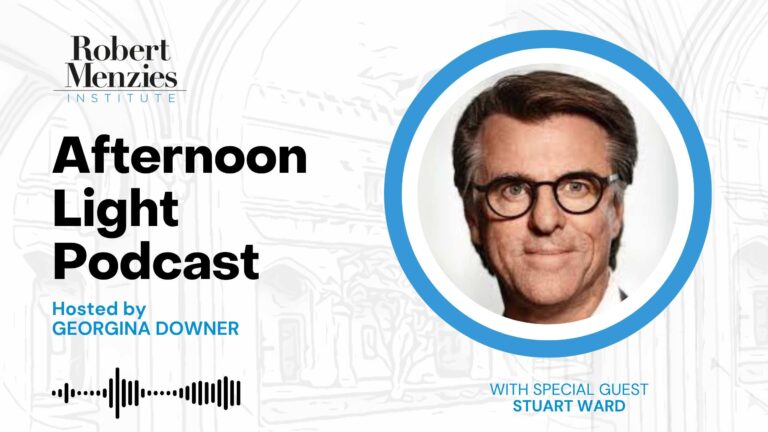
Stuart Ward on Australia's formerly pervasive British identity: "The cement of Australia's civic culture"
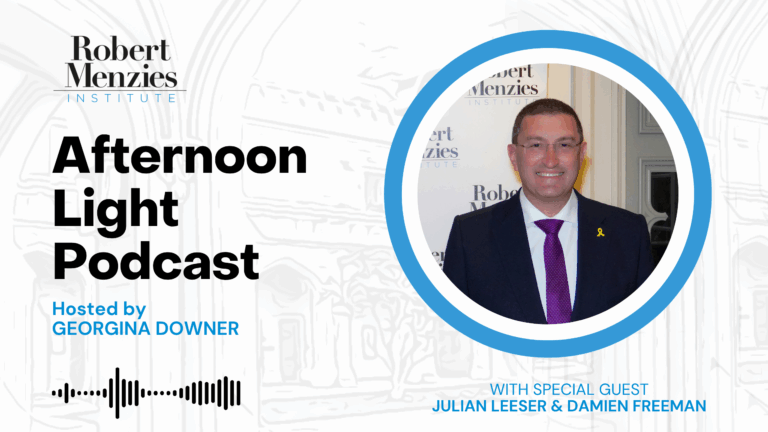
Julian Leeser & Damien Freeman on the poetry of R.G. Menzies: "Part of our shared inheritance"
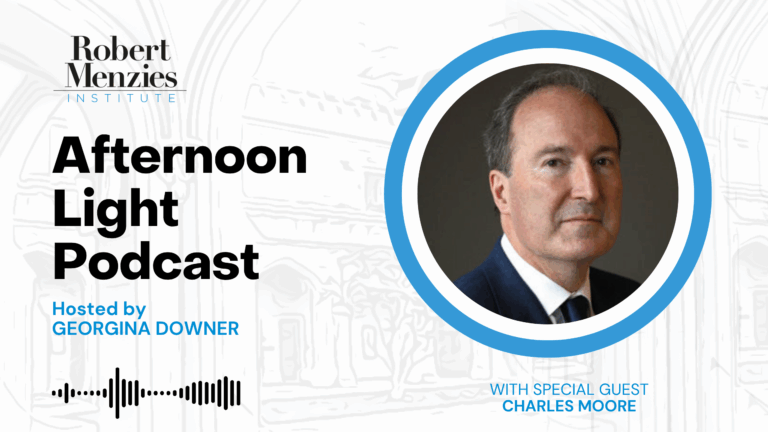
Charles Moore on Margaret Thatcher's Life, Legacy & 100th Birthday: "Almost Revolutionary Fervour"
Sign up for our monthly newsletter to hear the latest news and receive information about upcoming events.

Sign up for our monthly newsletter to hear the latest news and receive information about upcoming events.